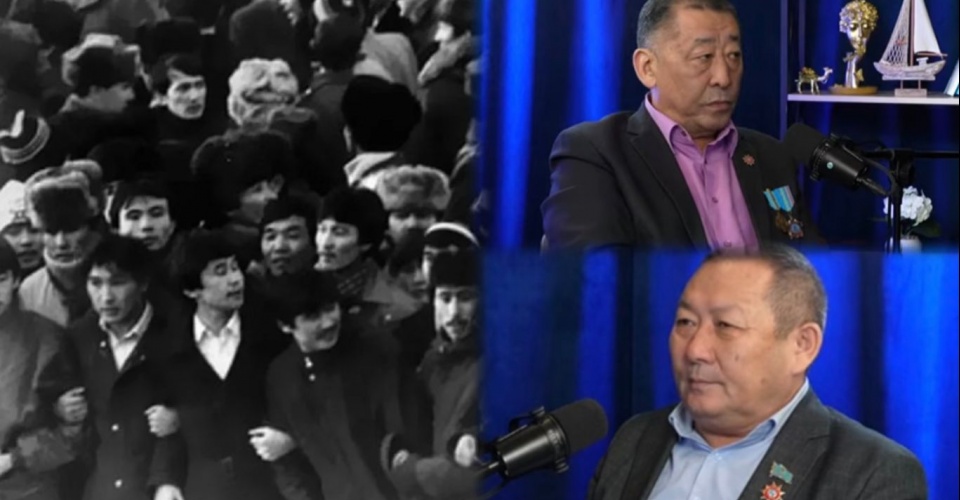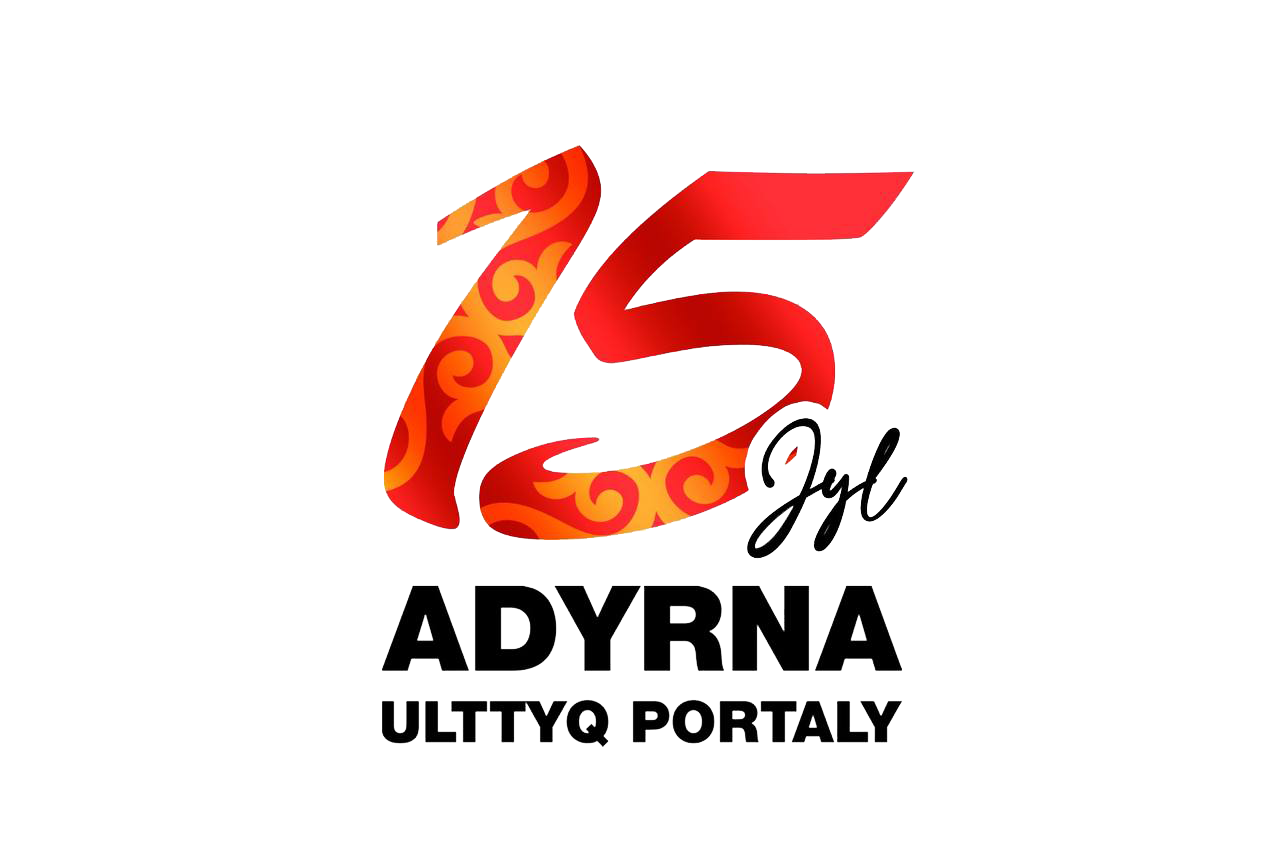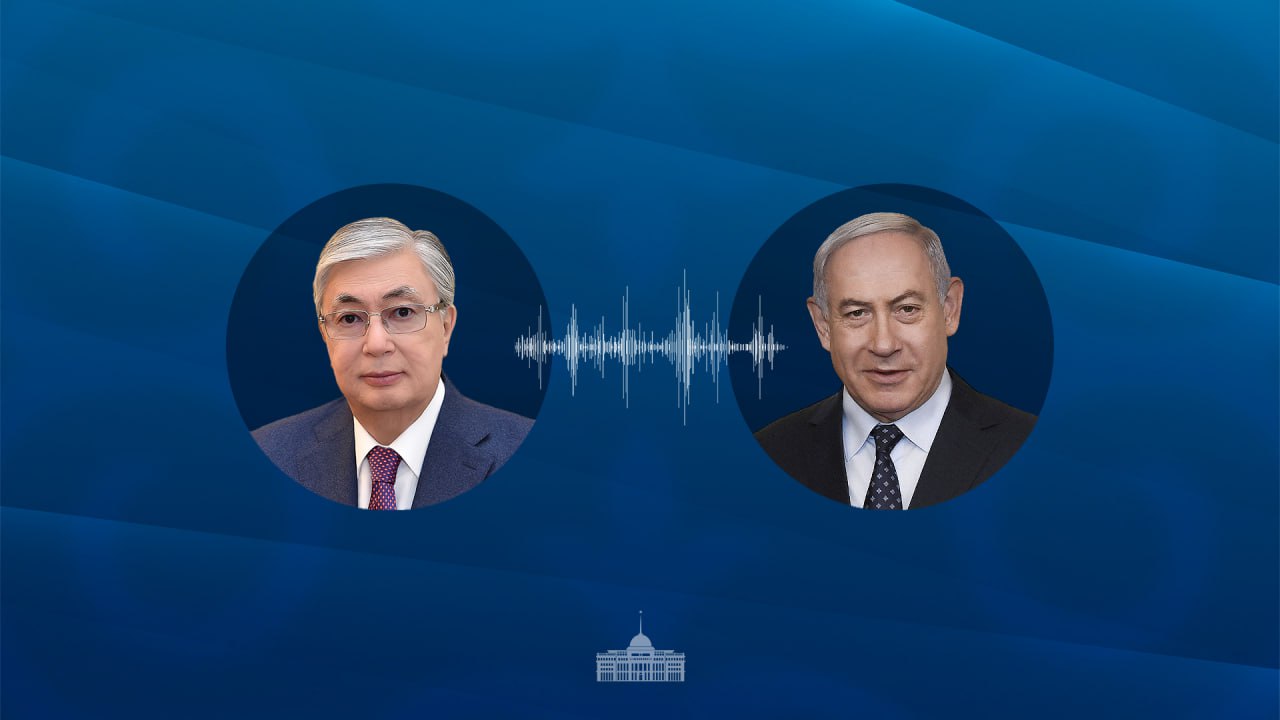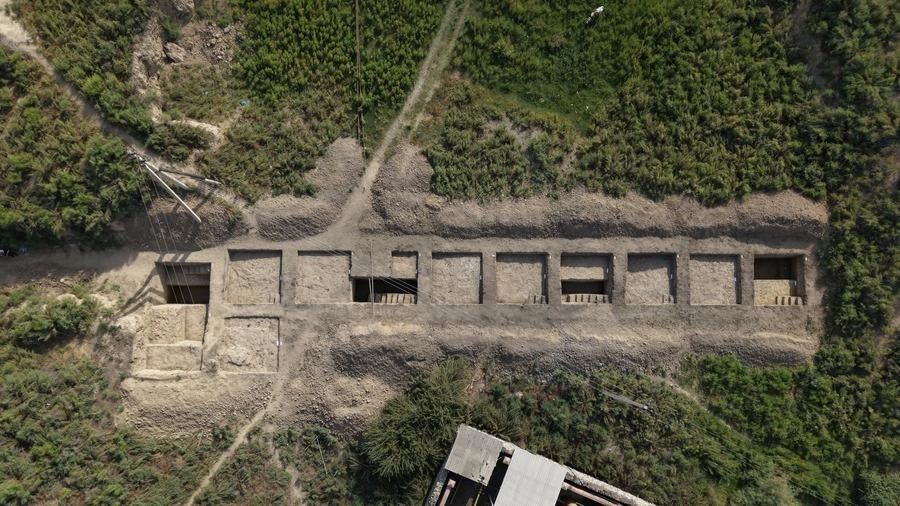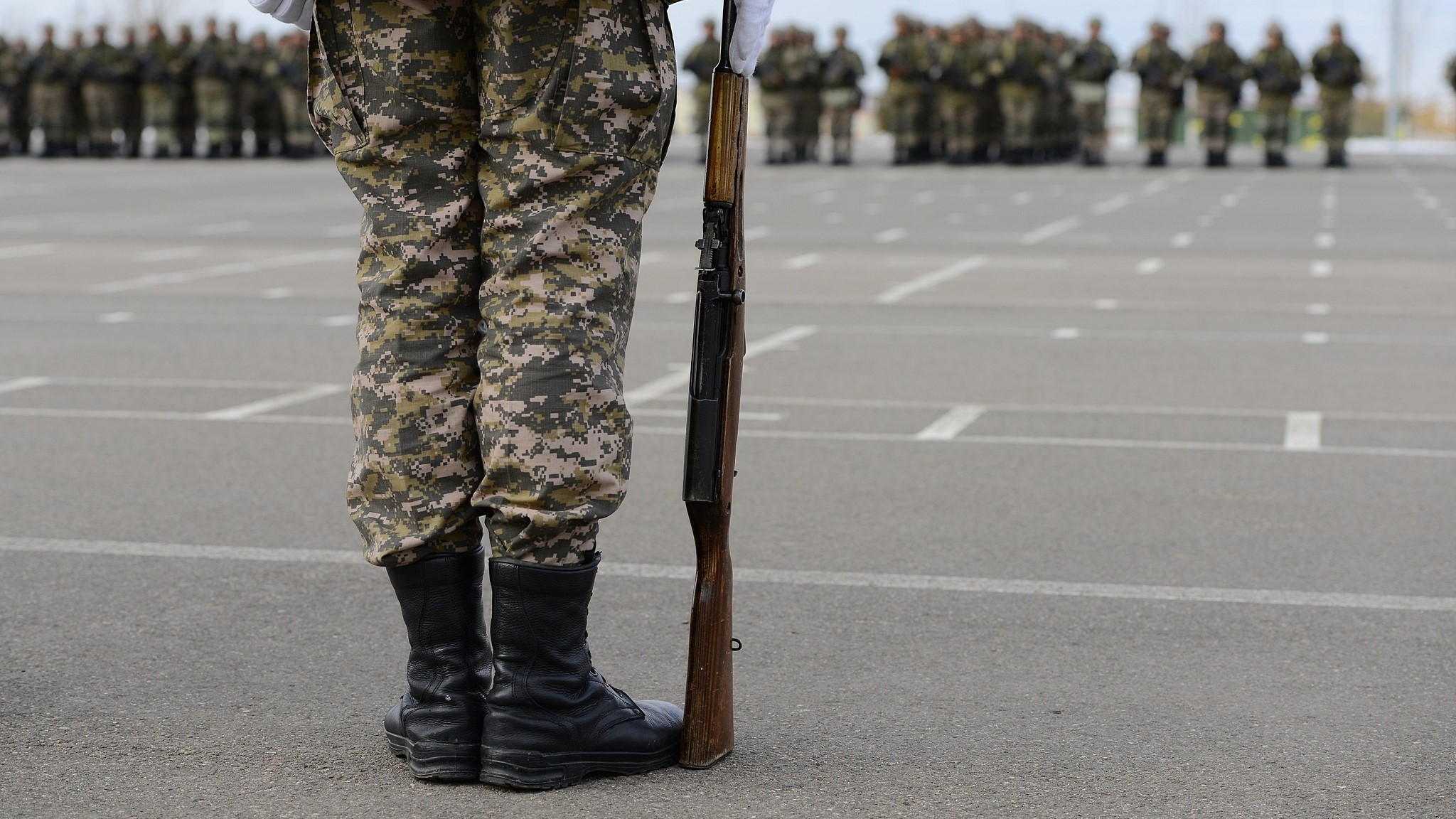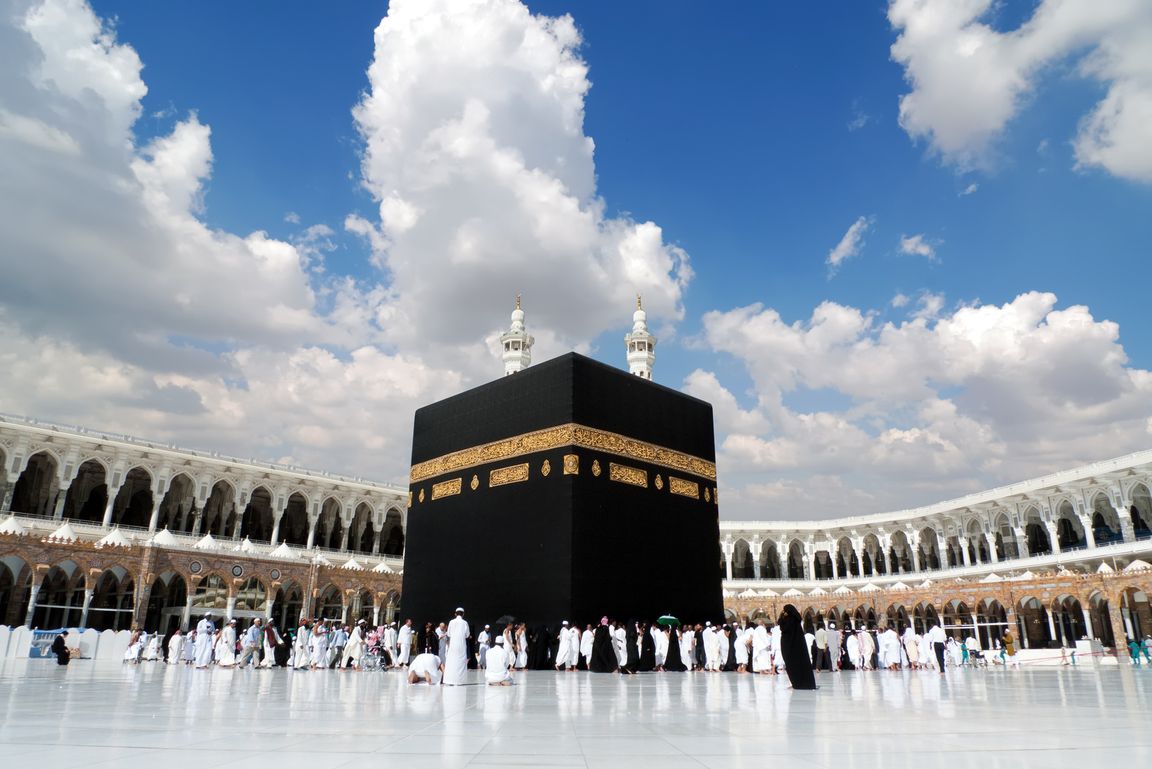The events of December 17-18, 1986, hold a special place in Kazakhstan’s history and will forever be remembered. On these days, Kazakh youth gathered in what was then Brezhnev Square in Almaty (now Republic Square), demanding their rights. Witnesses of the events recall what happened.
On December 16, 1986, at a plenary meeting of the Central Committee of the Communist Party of Kazakhstan that lasted only 18 minutes, Dinmukhamed Kunaev, who had led the country for many years, was dismissed from his position. He was replaced by Gennady Kolbin, who came from the Ulyanovsk region of Russia. This decision provoked discontent among the Kazakh people, as Kolbin had no prior experience working in Kazakhstan and was unfamiliar with local conditions.
In protest, youth began gathering in Brezhnev Square on the morning of December 17. With slogans like “Every nation deserves its own leader!” and “Long live Lenin’s ideas!” they participated in a peaceful demonstration. Most of the participants were students and young people.
“LIKE THE DARKNESS OF WAR…”
The December events of 1986 in Almaty are one of the most significant moments in Kazakhstan’s history. At that time, Bolat Toktabaiuly, who had just graduated as a pharmacist from the Medical Institute and was working in a pharmacy in Almaty, recalls being in the midst of these pivotal events.
“One day at work, my boss sent me to the city center. On my way, I saw a crowd of people gathering. I wondered, ‘Why are they standing there?’ Across the street, I noticed five or six people, including a man of a different nationality holding something in his hand. I asked him, ‘What are you planning to do?’ He replied, ‘They say the youth will start an uprising; we need to stop it.’ In the middle of whispers, I overheard that Kunaev had been removed from office. I ran back to the pharmacy and told my boss. She said, ‘Don’t go there,’” Bolat recalled.
Later, Bolat’s younger brother visited him in the dormitory. His brother, after passing through several roadblocks starting from Otar, arrived in the city. Seeing that young people were gathering in the square, the two brothers decided to go out.
“We took the 63rd bus and saw crowds of people. They were not grieving but rather speaking out. The crowd was massive. However, I lost my brother amidst the chaos. Fear overwhelmed me as militia officers began beating people and the scene grew chaotic. When I finally got home, I found that my brother had also returned,” Bolat said.
He mentioned that his coworkers noticed his bruised face.
“When I wanted to go home, a local police officer came to the pharmacy. Initially, I was scared. My brother left to visit relatives,” he added.
“On December 19-20, I went to a friend’s house near the train station to stay overnight. It felt like the darkness of war—no sign of life anywhere,” Bolat recalled, adding that he encountered conflicts with members of other ethnic groups on his way.
“GORBACHEV SHOULDN’T HAVE REMOVED KUNAEV; IT WAS A MISTAKE”
In 1986, Serik Zhiembayev was a fifth-year student at the Abai Pedagogical Institute and a participant in the December events. He recalled how he became involved in the protests and the hardships he endured during that time.
Serik first learned about the events from a Russian taxi driver, who expressed his discontent over Kunaev’s dismissal. “Gorbachev shouldn’t have removed Kunaev; it was a mistake,” the driver said. That night, Serik stayed at a friend’s house, and the next morning, he saw the youth protesting in the streets.
Hearing the rallying cry, “Kazakh people, if you’re Kazakh, join us!” Serik joined the protestors. Students from the Academy of Arts’ fine arts department and the Caspian University also joined the march. Together, they visited various institutions and organizations. However, law enforcement officers and university administrators began pressuring the students to disperse.
“We tried to go to the Women’s Pedagogical Institute (now the Kazakh National Women’s Teacher Training University) on Gogol Street, but it was surrounded by police officers who wouldn’t let us in. Nevertheless, some of the girls managed to come out, shouting ‘hurrah!’ to join us. Our numbers grew as we marched along what is now Baitursynov Street, eventually reaching the square on Satbayev Street. There, we were met by rows of soldiers and police officers. All of us sang ‘Elim-ai’ and ‘Atameken’ and chanted, ‘Kazakhstan needs a Kazakh leader!’ By evening, clashes began. The police started using water cannons and dragging people away by their hair,” Serik recalled.
“OLZHAS AGA, COME OUT!”
Protesters sought support from prominent intellectuals, but no one openly expressed solidarity. They went to the Writers’ Union, shouting, “Olzhas aga, come out!” but no one emerged from the building.
“The next day, December 18, we went back outside and headed toward the aerodrome. When we arrived, armed men with iron rods got off buses and started beating the peaceful demonstrators. Police vehicles pursued us from behind, forcing us to scatter. We returned to the Writers’ Union and shouted again, ‘Olzhas aga, come out!’ But we didn’t see any support from the intelligentsia,” Serik said.
As they reached Abai Avenue, police officers once again attacked them, dispersing the crowd.
“Later, a group of people came to our dormitory to conduct inspections. They compared us with photos taken at the square and only allowed those not in the pictures to enter the dormitory,” Serik explained.
“I FOUND MY PHOTOS IN THE ARCHIVES…”
“Last year in Shymkent, members of our organization searched the archives for photographs of us from that time. I knew there was a picture of me somewhere in the archives. Eventually, I found 12 photographs of myself,” Serik said.
He added that his official exoneration happened only recently.
“I was fully rehabilitated only in early February 2024,” he said.
Today, Serik Zhiembayev serves as the deputy chairman of the Republican Public Association “Truth of December,” continuing to preserve the memory and significance of the December events in Kazakhstan’s history.
By Symbat Nauhan
Adyrna National Portal
Basqa materialdar
Adyrna.kz ūlttyq portalynyŋ maŋyzdy aqparattaryna jazylu
Soŋǧy jaŋalyqtar turaly habardar bolyŋyz



